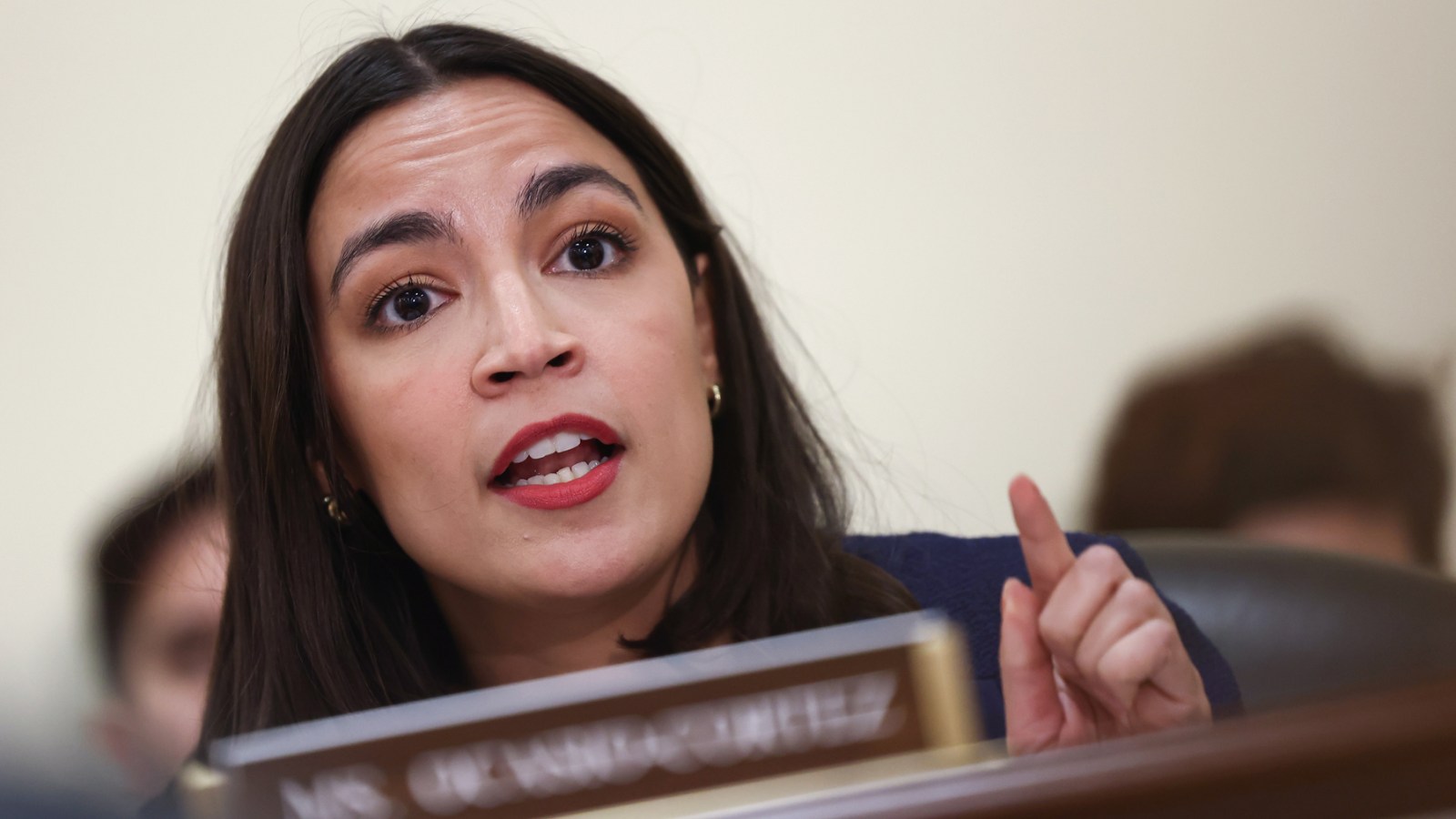THE SENATE UNANIMOUSLY passed a bipartisan bill to provide recourse to victims of porn deepfakes — or sexually-explicit, non-consensual images created with artificial intelligence.
The legislation, called the Disrupt Explicit Forged Images and Non-Consensual Edits (DEFIANCE) Act — passed in Congress’ upper chamber on Tuesday. The legislation has been led by Sens. Dick Durbin (D-Ill.) and Lindsey Graham (R-S.C.), as well as Rep. Alexandria Ocasio-Cortez (D-N.Y.) in the House.
The legislation would amend the Violence Against Women Act (VAWA) to allow people to sue those who produce, distribute, or receive the deepfake pornography, if they “knew or recklessly disregarded” the fact that the victim did not consent to those images.



Thanks. So photorealistic paintings are still legal, although I suppose they’re not a big problem in practice. It’s still weird that the method of creation matters, although “any other technological means” is pretty broad. Are paintbrushes a technology? Does using a digital camera to photograph a painting count as creating a visual depiction?
I’m vaguely worried about the first-amendment implications.
I think it comes down to the last part - indistinguishable by a reasonable person as an authentic visual depiction. That’ll be up to courts to decide, but I think a painting would be pretty obviously not an authentic visual depiction.